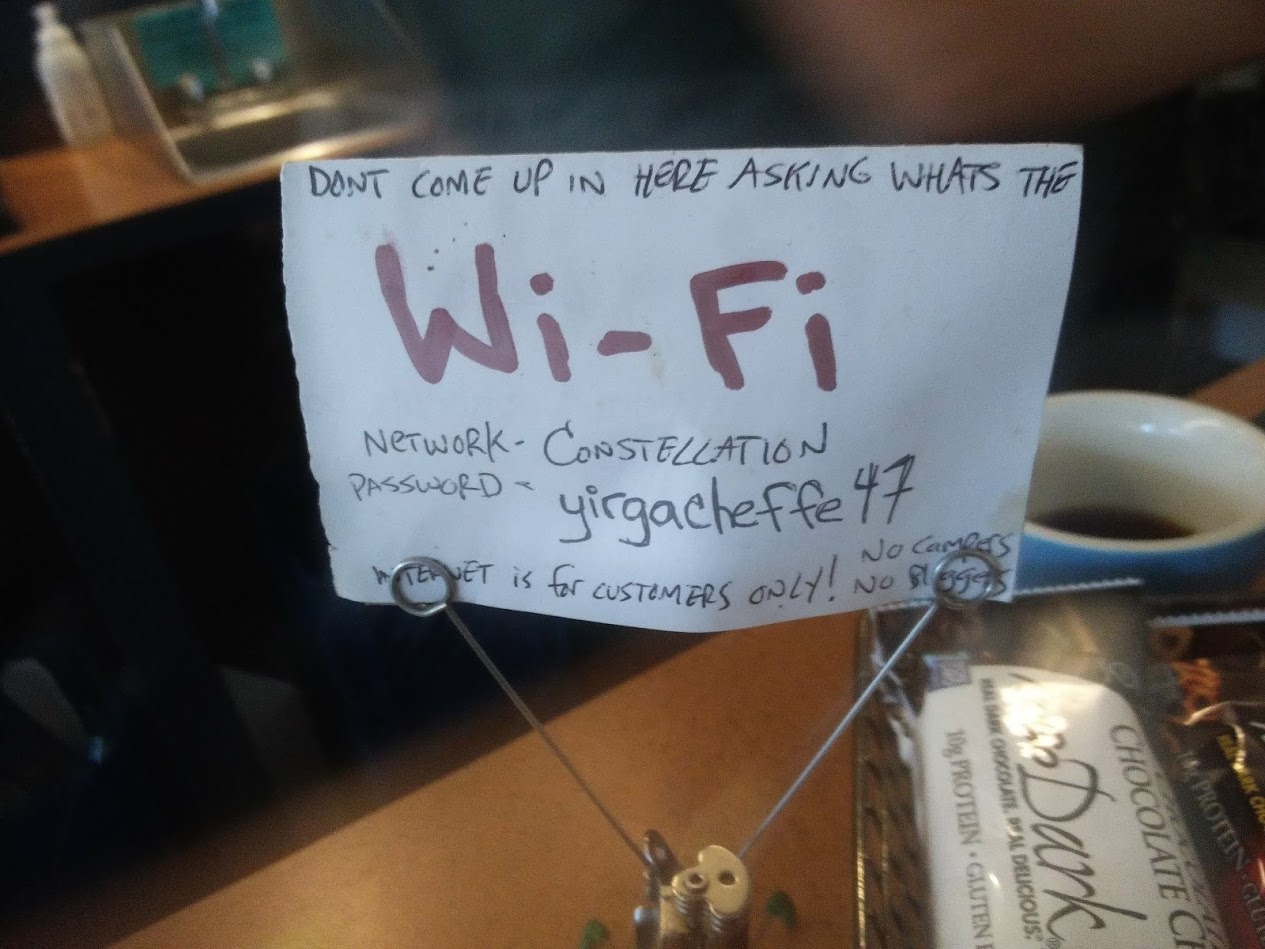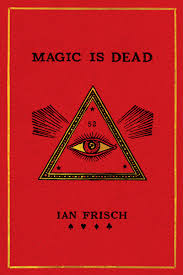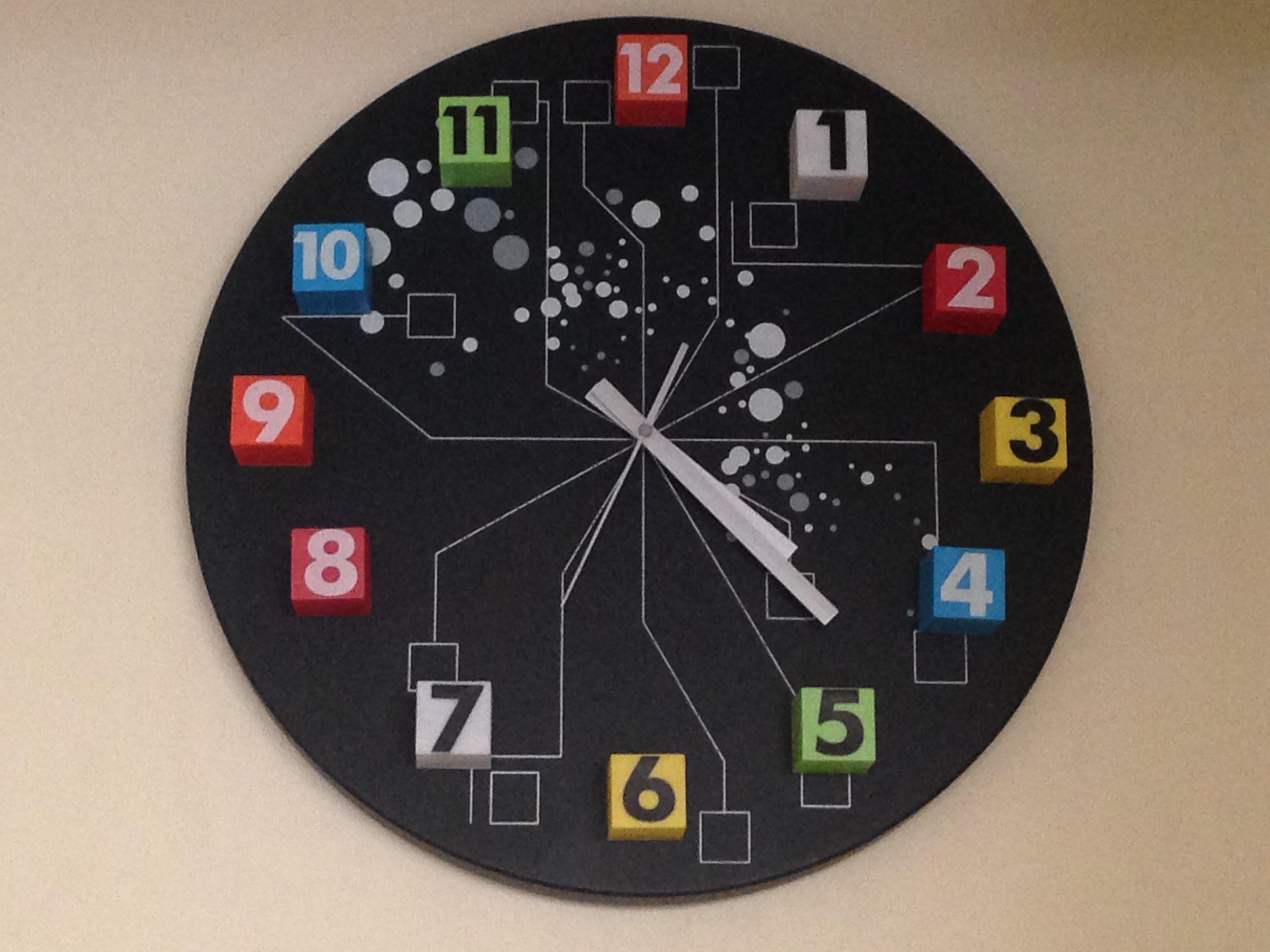
I'm about to start a learning project and I'm paying extra close attention, "What feels most interesting?" rather than merely, "What am I supposed to know?" When I stopped to think about it, there's plenty of very specific (and vague) things that I'm curious about regarding how the Internet and the network stack operate. Below is my lightly edited brainstorm of "What's confusing and interesting about computer networking?"
Another way of framing this is that I find myself more easily bored when being told "Here's how a system works" compared to when I go, "How the hell would I build this? None of my pieces seem to fit…. maybe if I…."
(note, something weird is up with my markdown parser and some of the nesting was lost. Sorry for the reduced readability)
Expect an update in the future with what I learn!
Another way of framing this is that I find myself more easily bored when being told "Here's how a system works" compared to when I go, "How the hell would I build this? None of my pieces seem to fit…. maybe if I…."
(note, something weird is up with my markdown parser and some of the nesting was lost. Sorry for the reduced readability)
Expect an update in the future with what I learn!





